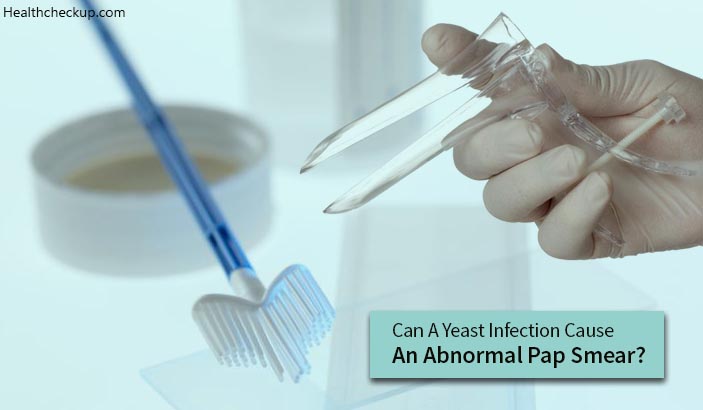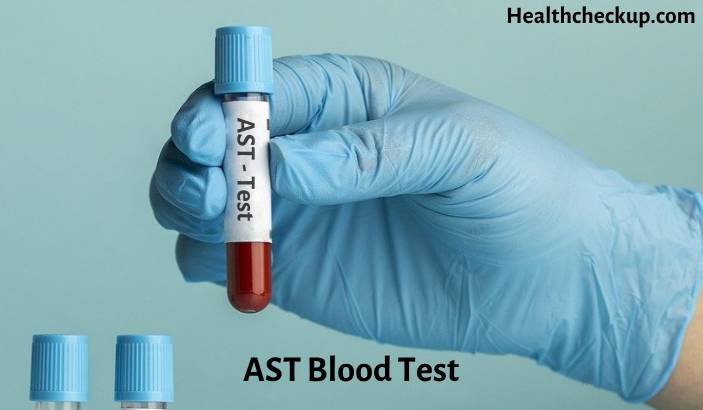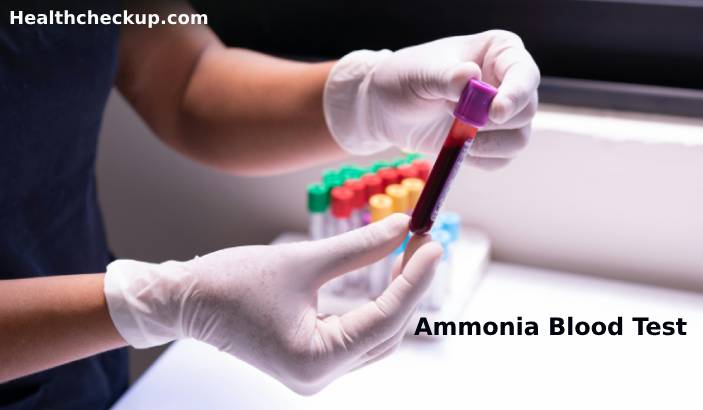Women tend to panic when they find out that their Pap smear test has turned out to be abnormal. Although an abnormal Pap smear result must be considered seriously, it is equally important to understand that every abnormal Pap smear is not due to cervical cancer.
The test results of a Pap smear are often correlated with your clinical signs and symptoms and also followed by a separate set of tests to reach a definitive diagnosis. This article will let you know what a Pap smear test is, interpreting a normal and abnormal Pap smear result and can a yeast infection can cause an abnormal Pap smear.
What Is A Pap Smear Test?
A Pap smear test also called as the Papanicolaou smear test. It is the most widely used cervical cancer screening tool is which is done to check for changes in cells of the cervix and the vagina.
A Pap smear is the microscopic examination of cells obtained by scraping the cervix, in order to detect cancerous or pre-cancerous conditions of the cervix. It is generally done as a routine examination in women belonging to the reproductive age group.
Interpreting A Normal Pap Smear Test
- Cells Of Basal Layer – Small, rounded, basophilic with a large nucleus
- Cells Of Intermediate Layer – Basophilic with the vesicular nucleus
- Cells Of Superficial Layer – Acidophilic with a pyknotic nucleus
What Does An Abnormal Pap Smear Mean?
An abnormal Pap smear test means that the cells of cervix or vagina appear to be different from normal cells. Nearly all abnormal Pap smear tests are caused due to human Papilloma virus (HPV) infection. There are more than 100 types of human Papilloma viruses that can cause infection.
If the Pap smear test shows abnormal changes due to human Papilloma virus (HPV) infection, there is a great likelihood that the infection will clear up by itself without any specific treatment.
Presence of abnormal cells in the cervix or vagina does not show any specific signs and symptoms. Yet, there are some signs and symptoms due to which you may need to undergo a Pap smear test, such as
- Unusual color, odor or texture of vaginal discharge
- Burning, itching or pain in the pelvis or genital region
- Presence of lumps, sores, warts, rash or blisters in the genital area
Interpreting An Abnormal Pap Smear
If you have had an abnormal Pap smear result, the following terms may be used to indicate the type of cells found in an abnormal Pap:
1. Atypical Squamous Cells Of Undetermined Significance
Flat thin cells which are not typical of any vaginal or cervical lesion. Finding these cells in a Pap smear is less likely due to cancer
2. Squamous Intra-Epithelial Lesion
These cell changes can be low-grade or high-grade and define the possibility of pre-cancerous changes and how quickly the changes can progress to cancerous changes
3. Atypical Glandular Cells
These cells are found at the opening of the cervix. Presence of a typical cell on a Pap smear requires further evaluation to rule out the possibility of cervical cancer
4. Adenocarcinoma Cells or Squamous Cell Cancer
Presence of these cells is diagnostic of cervical cancer.
Can A Yeast Infection Cause An Abnormal Pap Smear?
Yeast is not a cause of cervical cancer, then how is it possible for a yeast infection to cause an abnormal Pap smear test?
The answer is, yeast infection causes atypical squamous cells to appear on a Pap smear making the test results seem abnormal. These cells are often classified into the first category of abnormal cells, which are atypical squamous cells of undetermined origin.
An abnormal Pap smear test does not necessarily indicate cervical cancer or a pre-cancerous state. However, it does mean that you need further evaluation to understand the cause behind an abnormal Pap smear result.
Some of the possible causes for an abnormal Pap smear other than Human Papillomavirus Infection include
- Infection or inflammation due to
- Bacteria
- Viruses
- Fungal infections due to Candida albicans (also called as a yeast infection)
- Trichomoniasis – Infection caused by a protozoan parasite called Trichomonas vaginalis
- Recent sexual activity
- Hormonal changes such as in pregnancy and menopause
- Miscarriage or abortions
- Cysts or growths which are non-malignant
- Drugs and medications
Fungal infection of the vagina by Candida is one of the commonest causes for an abnormal Pap smear test besides Human Papillomavirus (HPV) infection. Vaginal yeast infection is the commonest type of vaginal infections.
Women Who Are At High Risk For Developing Vaginal Yeast Infection Are
- Pregnant women
- Women who frequently use vaginal sprays and douches
- Women regularly on oral contraceptive pills
- Women with diabetes mellitus
- History of being on heavy antibiotics recently
- Women with a weakened immune system
Vaginal yeast infection is often mild but may also become severe if left untreated or if not treated appropriately. Signs and symptoms of vaginal yeast infection are
- Pain or burning while urinating
- Redness, burning or itching of vulva or vagina
- Unusual white, thick odorless vaginal discharge
After An Abnormal Pap Smear
Once you receive an abnormal Pap smear test result, it is followed by a different set of blood tests or radiological tests for further evaluation. This is because the Pap smear test is simply a screening tool for cervical cancer and not a diagnostic test.
An Abnormal Pap Smear Test Is Followed By
1. Colposcopy
The physician takes a closer look at the cervix and vagina for changes in squamous cells with the help of an instrument called colposcopy. Colposcopy may also have to be followed by a biopsy to reach a definitive diagnosis for the exact cause of an abnormal Pap smear.
2. HPV Test
A specific test for human Papilloma virus (HPV) helps to understand the exact presence or absence of HPV infection
3. Repeated Pap Smear
A Pap smear may have to be repeated after 6-12 months or as required and advised by the gynecologist.
As it is evident from the details mentioned above, it is quite obvious that an abnormal Pap smear test result may not necessarily be present due to the Human Papillomavirus (HPV) infection. It can also occur due to several other causes.
However, an abnormal Pap smear needs to be correlated with presenting history and related signs and symptoms.
Dr. Himanshi is a Homoeopathic consultant and currently working as a lecturer in Post-graduate faculty of Homeopathy, Parul University, Vadodara. Completed BHMS and MD in Homeopathy in January 2018 and also has a clinical experience of about 6 years. Personal interests include reading, spending time with family and traveling.








